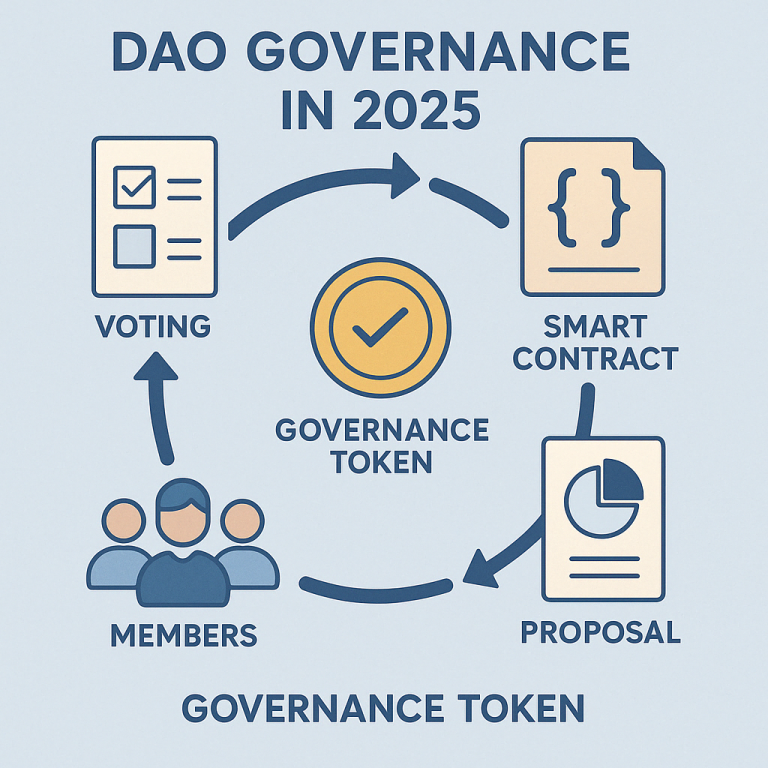Top DAO Platforms & Trends in 2025: Web3 Governance Guide
Discover how DAOs are transforming governance in 2025. Explore key platforms, expert insights, and trends driving Web3 community coordination.

Discover how DAOs are transforming governance in 2025. Explore key platforms, expert insights, and trends driving Web3 community coordination.